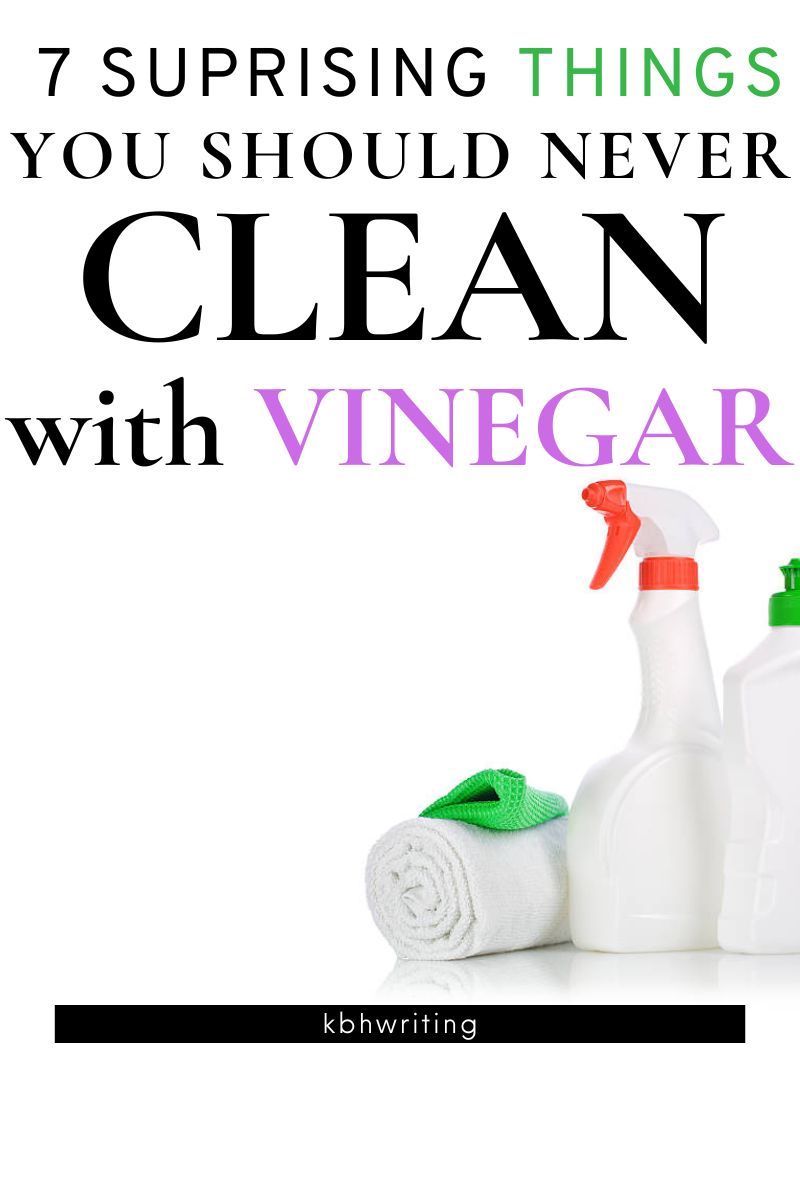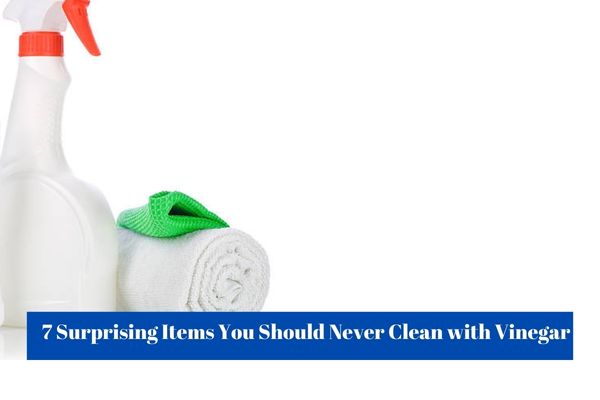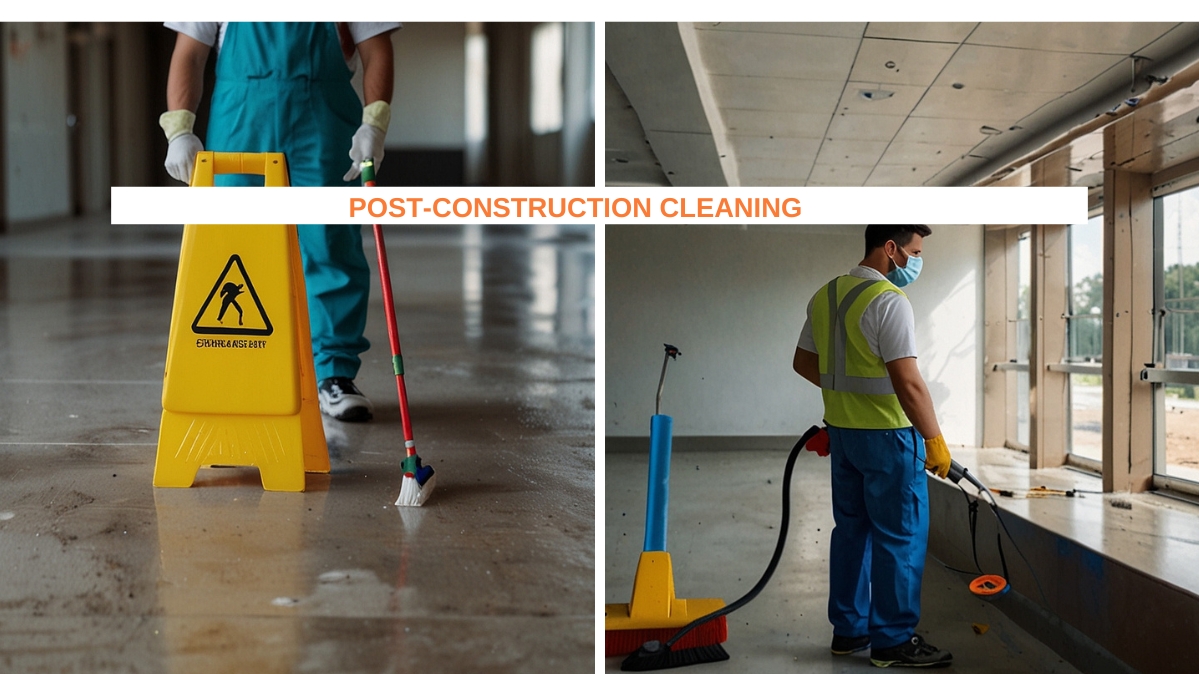Vinegar is often hailed as a versatile and natural cleaning solution. Its acidic properties make it effective for removing dirt, grime, and even certain stains. However, there are some surprising Items You Should Never Clean with Vinegar.
With so many moms around the world looking to go all-natural and avoid chemicals as much as possible, vinegar always climbs out on the list of natural cleaning products that we all fall back on.
Vinegar is perfect to clean lots of things and it’s often recommended as the top natural cleaning product that many moms like to DIY in their natural cleaning products but it comes with a limitation of not being able to clean as many things as we would want.
Let’s explore seven things that require alternative cleaning methods to avoid damage and preserve their functionality.
Related:
- Cleaning With Vinegar Tips: 9 Things to Clean With Vinegar Around The House
- Step-by-Step Guide For Cleaning Your Drain With Vinegar And Baking Soda
7 Surprising Items You Should Never Clean with Vinegar
1. Stone Countertops
While vinegar is great for tackling grease and stains, it can damage natural stone surfaces like marble, granite, and quartz. The acid in vinegar can etch and dull the shiny finish, leaving permanent marks. Instead, use a mild dish soap and warm water or opt for specialized stone cleaners specifically formulated for these delicate surfaces.
2. Electronics and Screens
Electronic devices, such as smartphones, tablets, and computer screens, are sensitive to acidic solutions like vinegar. Vinegar can strip the protective coatings on these screens, leading to irreversible damage. To clean electronics, use a microfiber cloth slightly dampened with water or specific electronic cleaning solutions designed for mild cleaning purposes.
3. Hardwood Floors
Vinegar is often recommended for cleaning various types of floors, but hardwood floors are an exception. The acid in vinegar can strip away the protective finish and cause the wood to warp or become discolored over time. Instead, sweep or vacuum regularly and use a hardwood floor cleaner recommended by the flooring manufacturer.
4. Egg Stains
While vinegar is commonly suggested for cleaning various kitchen messes, it’s not ideal for cleaning egg stains. When exposed to vinegar, the proteins in eggs coagulate and form a sticky residue that becomes even harder to clean. It’s better to rinse the area with cold water and use a block of gentle dish soap to break down the proteins effectively.
5. Irons
Using vinegar to clean the mineral buildup in an iron’s water reservoir is a popular cleaning hack. However, this method can potentially damage the internal components of the iron. Instead, refer to the manufacturer’s instructions for proper cleaning or use a commercial iron cleaner to ensure optimal performance and longevity.
6. Natural Stone Tile Floors
Similar to stone countertops, natural stone tile floors like slate, travertine, or limestone can be harmed by vinegar. The acid can wear away the protective sealant and damage the stone, leading to a dull and pitted appearance.
Clean these floors with a pH-neutral stone cleaner or consult a professional for suitable cleaning products.
7. Cast Iron Cookware
Although vinegar is excellent for cleaning many kitchen utensils, it should never be used to clean cast iron cookware. The acidity can break down the seasoning or patina that forms over time, compromising the pan’s non-stick properties.
Instead, clean cast iron pans with a stiff brush, hot water, and mild dish soap, followed by proper drying and re-seasoning.

While vinegar is a versatile cleaning agent, it’s important to recognize its limitations. Avoid cleaning the above items with vinegar to prevent damage and preserve their aesthetic appeal or functionality. Using alternative cleaning methods tailored to each specific object, you can maintain the longevity and condition of these items effectively




